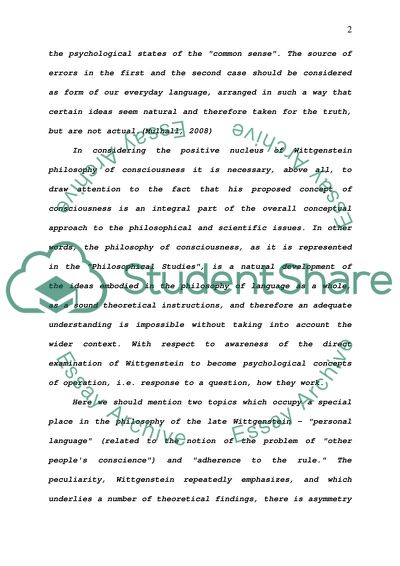Cite this document
(Philosophy of Language in Connection with the Consciousness Case Study, n.d.)
Philosophy of Language in Connection with the Consciousness Case Study. https://studentshare.org/philosophy/1722639-philosophy-of-language
Philosophy of Language in Connection with the Consciousness Case Study. https://studentshare.org/philosophy/1722639-philosophy-of-language
(Philosophy of Language in Connection With the Consciousness Case Study)
Philosophy of Language in Connection With the Consciousness Case Study. https://studentshare.org/philosophy/1722639-philosophy-of-language.
Philosophy of Language in Connection With the Consciousness Case Study. https://studentshare.org/philosophy/1722639-philosophy-of-language.
“Philosophy of Language in Connection With the Consciousness Case Study”. https://studentshare.org/philosophy/1722639-philosophy-of-language.


